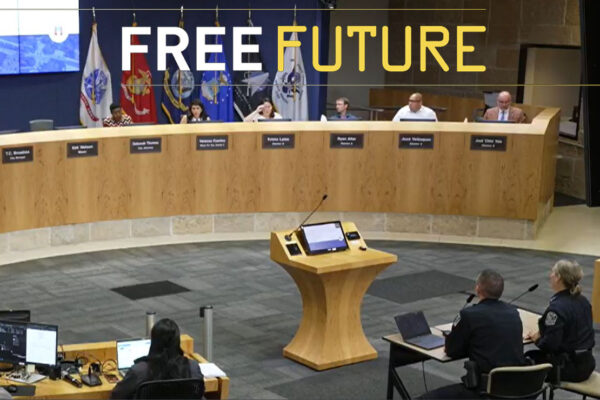Maintaining the Status Quo
(Originally posted on Daily Kos.)
It seemed to be business as usual Wednesday, as we filed into the courtroom at Guantánamo Bay for Afghan Mohammed Kamin's pre-trial hearing before the military commission here. Attorney General Eric Holder simultaneously was testifying before Congress that the decision, announced last Friday, to transfer the five accused 9/11 co-conspirators to federal court to stand trial, represents a step closer to closing Guantánamo (even as President Obama announced that his administration will miss its deadline to do so).
The decision to transfer some cases to federal court was indeed an important step forward toward restoring due process and the rule of law, but it is diminished by the continuation of the discredited military commissions. Today the military commissions hurtled on.
On Friday, the Attorney General also announced that five Guantánamo detainees will face trial before military commissions. Attorney General Holder said nothing about where Mohammed Kamin's case will be tried, but Kamin was scheduled for a pre-trial hearing today before the military commission. Until the judge sat with the prosecutors and Kamin's defense lawyers yesterday for a status conference, we did not know whether today's hearing would proceed as scheduled.
Shortly after today's hearing began, Kamin's defense lawyer, Lt. Cmdr. Richard Federico, voiced his uncertainty about the status of his client's case. Lt. Cmdr. Federico announced that because the Attorney General had made no mention of Kamin's case on Friday, and since he had received no notification about whether Kamin would be tried before the discredited military commissions or transferred to federal court to stand trial, he was unsure what was to happen to his client's case. Lt. Cmdr. Federico went on, "But the fact that we are standing in this courtroom is an indication that the government intends to proceed forward" with the case before the military commission.
Prosecutor Maj. Michael Wallace answered that no decision had been made yet about whether to transfer Kamin's case to federal court, but he noted, "essentially today's hearing maintains the status quo."
And that's exactly the problem.
The Obama administration is creating a tiered justice system: one that maintains the status quo of a discredited military commissions system plagued by delay, confusion and seemingly endless legal challenges; and the other, our tried-and-true federal courts, which have a proven record of handling complex terrorism cases. (Our federal courts have convicted 195 defendants of terrorism charges since 2001, in contrast to the three convictions secured by the military commissions since 2001.)
Continuing the military commission proceedings against Kamin meant more of the same of what we've seen in other proceedings here: uncertainty about the rules, which the government is making up as we go along (even now, the Department of Defense is preparing new rules for the military commissions), and a judge frustrated by delays in the prosecution's failure to hand over fundamental evidence to the defense.
The usual chaos was compounded by uncertainty over where Kamin's case will ultimately be tried. Kamin is accused of a single crime, providing material support for terrorism—an offense that should have been prosecuted in established federal courts. While a military commission conviction for material support for terrorism could possibly be overturned on appeal because such a crime is not a traditional war crime, the offense is covered by the federal criminal law. And federal courts have a proven track record of obtaining convictions for material support for terrorism in numerous cases since 2001.
The discredited military commissions should be abolished and Kamin and the rest of the Guantánamo detainees should be transferred to federal court. It's time to break from the status quo.
Stay informed
Sign up to be the first to hear about how to take action.
By completing this form, I agree to receive occasional emails per the terms of the ACLU's privacy statement.
By completing this form, I agree to receive occasional emails per the terms of the ACLU's privacy statement.



